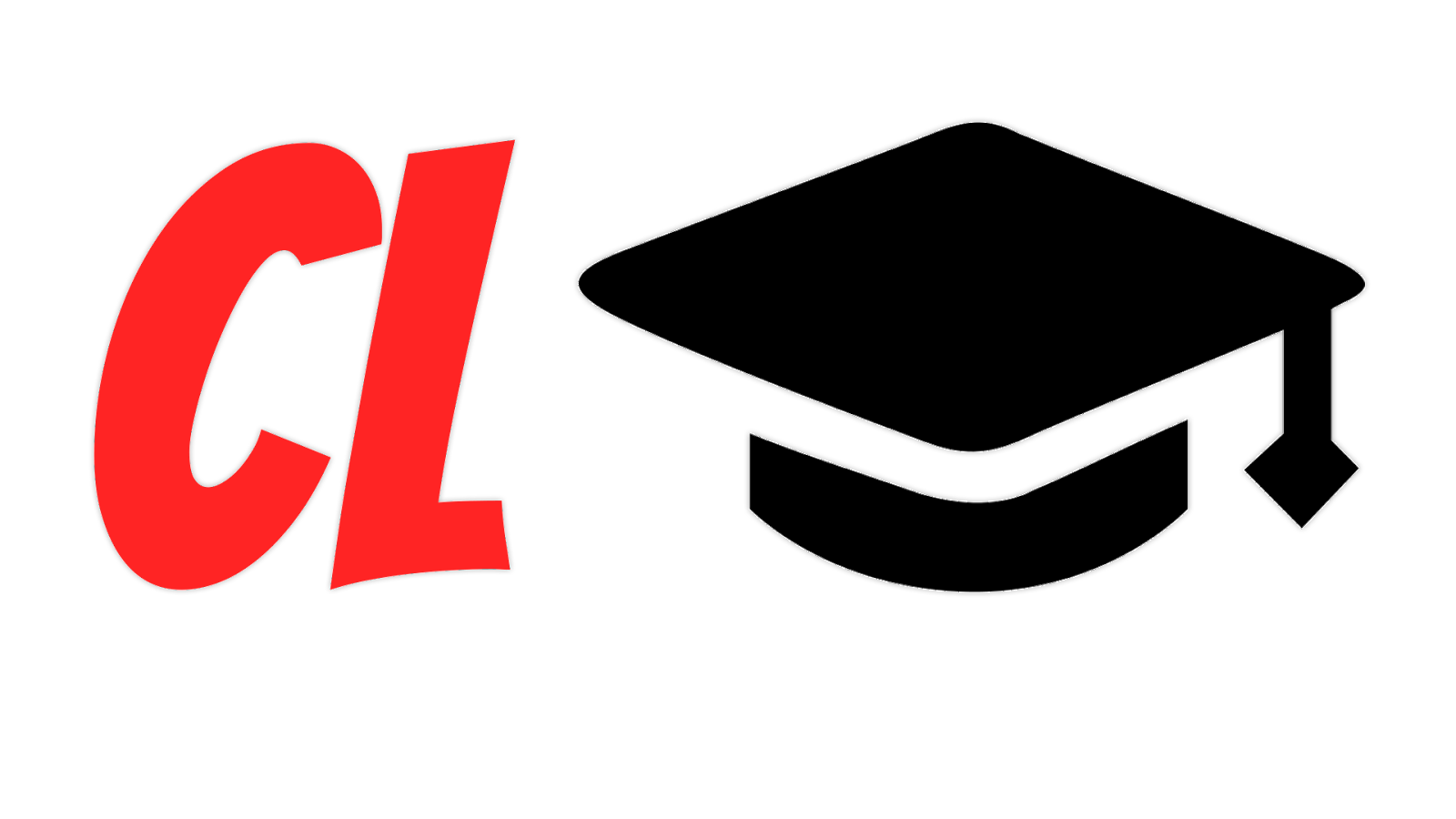Front-End developers
"HTML is known as the skeleton of a website."
Learning HTML completely isn't efficient at all, about 3/4th is necessary but the rest should of it be put way down the priority list, meaning there are other more important tasks to be done than this 1/4th of HTML left.
CSS
Next comes CSS, according to the requirements and skills needed about CSS, one can bypass learning it completely as it isn't necessary to learn more than 50 to 60% of CSS at the early stage of learning.
You have to learn the things you mainly see on websites.
Learn CSS enough that you learn all the basics like class, id margin, padding, etc.
JavaScript
The same goes for JavaScript, only learn the main topics and generally for a starting web developer learning 50% of JavaScript is enough at the start and come back to learn more if you need the specific topic for a project.
Front-end developers as the name suggests are programmers tasked with the
front-end operations of a program. In a project in which multiple people are
operating on a multitude of things, a front-end developer handles the
client-side web tasks and software work.
1. HTML
2. CSS
3. JavaScript.
4. ReactJS
Generally, any aspiring developer starts with learning, the front-end includes
HTML, CSS & JavaScript, but you don't need to learn all of these
completely.
Top front end skills that are most required and generally needed
are:
1. HTML
2. CSS
3. JavaScript.
4. ReactJS
5. AJAX
Now, why am I saying that you shouldn't learn all of this 100% by
heart?
Well, the simple answer is that if you just rack your brain on just one of
the skills, the learning-time curve is slow down significantly, and you won't be
able to apply the skills to make a website when you only know one of these
skills.
HTML
"HTML is known as the skeleton of a website."
With HYPERTEXT MARKUP LANGUAGE (HTML) you will learn how to apply tags that give instructions to the browser on how to display text and images.
Learning HTML completely isn't efficient at all, about 3/4th is necessary but the rest should of it be put way down the priority list, meaning there are other more important tasks to be done than this 1/4th of HTML left.
CSS
"CSS is the clothes of the website."
CSS stands for cascading style sheets. CSS provides greater control and styling for HTML elements. CSS provides the aesthetics that can make the difference between an amateur and a professional website.
Next comes CSS, according to the requirements and skills needed about CSS, one can bypass learning it completely as it isn't necessary to learn more than 50 to 60% of CSS at the early stage of learning.
You have to learn the things you mainly see on websites.
Learn CSS enough that you learn all the basics like class, id margin, padding, etc.
JavaScript
"JavaScript is known as the brain of the website."
JavaScript is used to add complex activities and tasks such as automation, animation & interactive behavior to web pages.
The same goes for JavaScript, only learn the main topics and generally for a starting web developer learning 50% of JavaScript is enough at the start and come back to learn more if you need the specific topic for a project.
This is the bare minimum that you will have to learn to get start work at the front end.


